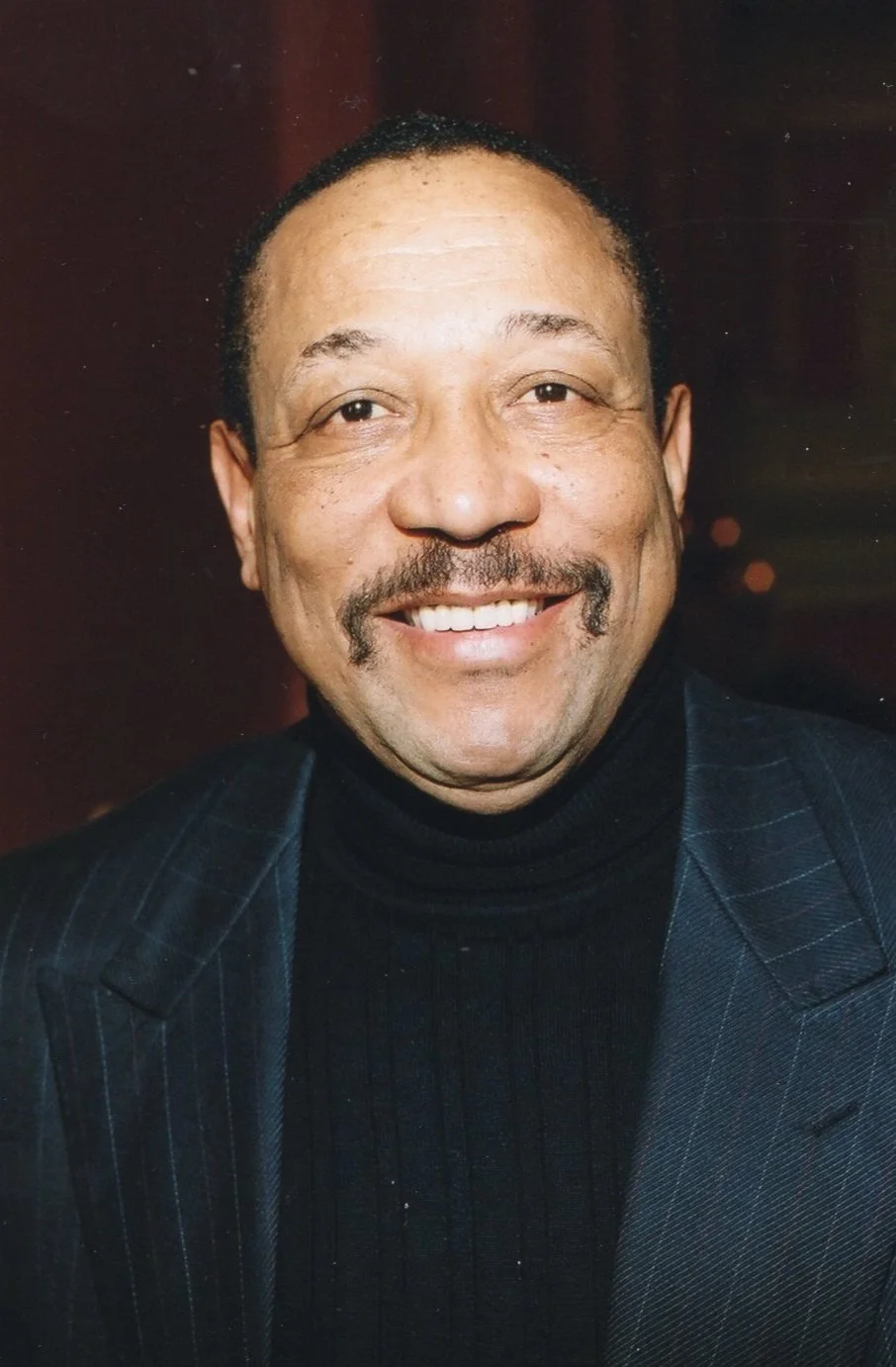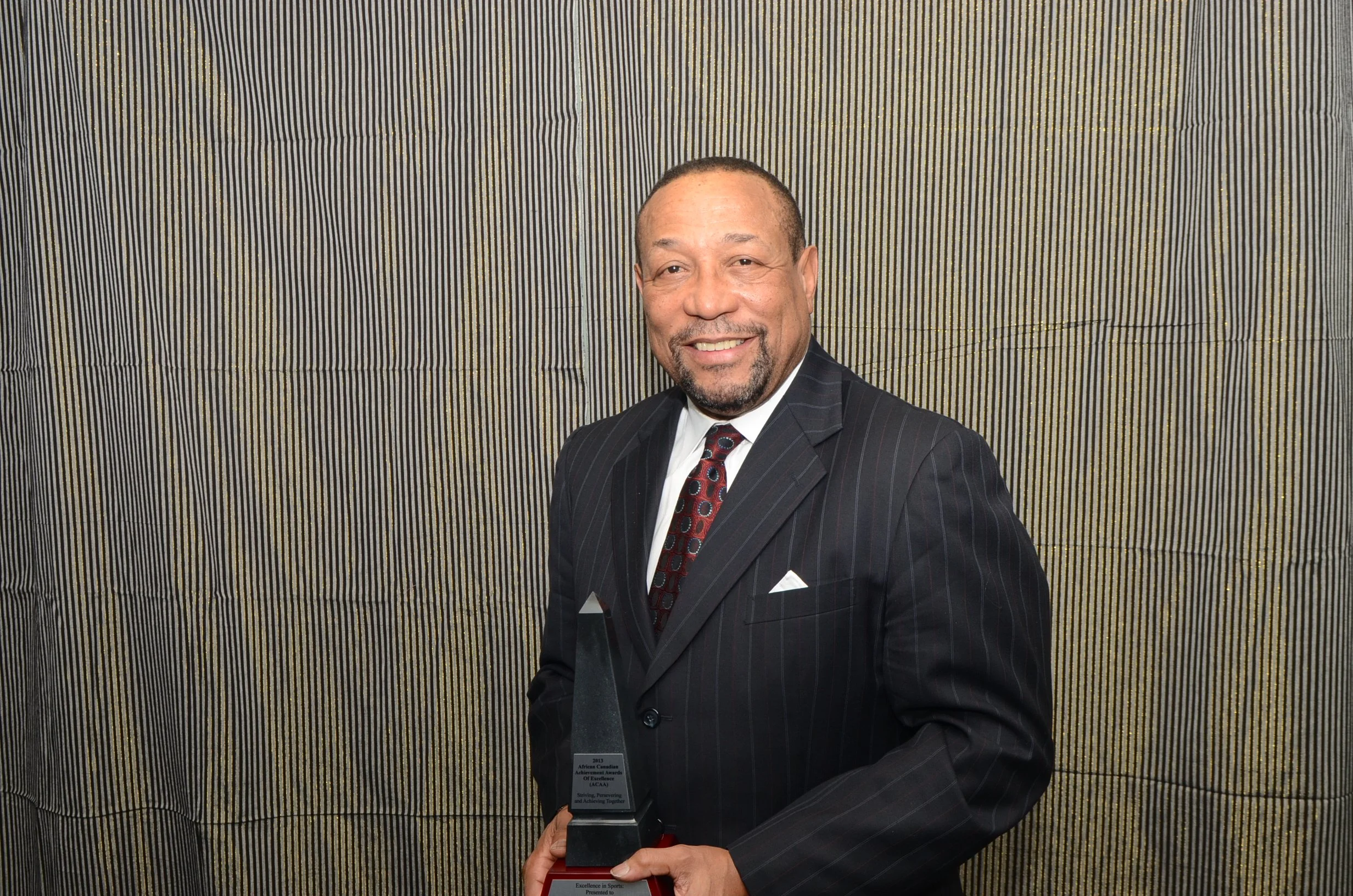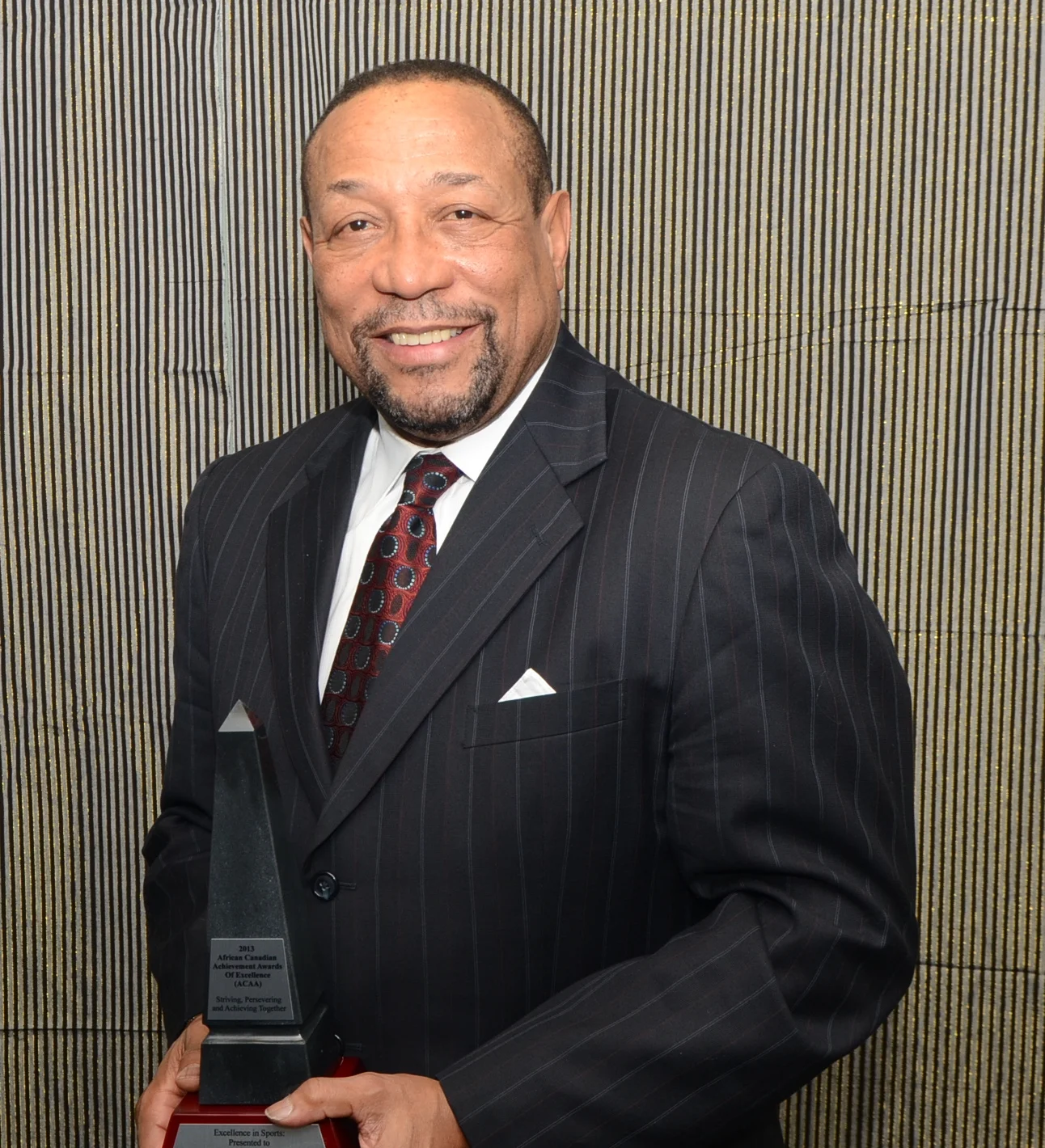After years of waiting, Chuck Ealey is going into the U.S College Football Hall of Fame
January 19, 2022
Better late than never.
In the first week of January, University of Toledo athletic director Mike O’Brien gave Chuck Ealey a heads-up that he was going into the United States College Football Hall of Fame.
“Mike said the decision was made and I should be quiet until the official announcement,” he recalled.
Ealey, who was unbeaten in his three years quarterbacking the college’s football team, had been waiting years for the good news.
“I was more emotional than I thought I would be not because they were putting me in,” he pointed out. “It was because all the bickering that was happening over the years was now over. Every year you get bombarded, not in a bad way, about why and you don’t have an answer. You just know that it is and you wait through the process and understand some of the things you have to go through. If they had done this 30 years ago, it would have been buried into history.”
Ealey, who turned 72 on January 6, was excluded from the College Football Hall of Fame because of a technicality.
He was unable to land on the ballot for election because the rules state that a candidate must have received First Team All-American acknowledgment by a recognized media outlet. He received that recognition in 1972 from the ‘Football News’ that was not an approved entity at the time.
What has changed?
“I have learnt they reopened one area of the Football News which was not there when they first looked at this,” said Ealey whose 35-game undefeated streak at Toledo is a National Collegiate Athletic Association (NCAA) record. “I don’t know if that status change created the opportunity or if it was something else. “
Over the years, Super Bowl-winning head coach Tony Dungy advocated for Ealey to be in the Hall of Fame.
“Chuck Ealey was a beast,” the NBC ‘Football Night in America’ studio analyst wrote in a 2018 tweet. “He was Russell Wilson and Deshaun Watson before we realized QBs (quarterbacks) like that could play in the NFL. I was in high school when he played for Toledo and he inspired me. Too bad he was a generation too early.”
The 1971 team captain concluded his career as Toledo’s all-time leader with 5,275 passing yards and 45 touchdown passes that are marks that still rank in the Top 10 and is one of just four players to have his number retired by the college.
This year’s class of 18 First Team All-America players and three coaches includes Gary Pinkel who won 65.9 per cent of his games while coaching Toledo for a decade.
“I knew him when he was coaching at the university and he also coached my son (Damon) when he was at Toledo,” noted Ealey who, in 2017, was voted by Toledo fans the number one player among the university’s All-Century team to celebrate the football program’s 100th anniversary.
The induction ceremony takes place in December, 50 years after Ealey was overlooked in the NFL draft because of his skin colour and the position he played. He and his then new wife – Sherri Ealey – moved to Canada that year.
“Looking back, I think that was a perfect decision for me and my wife to come here and learn a culture that was different than what it was living in America at the time,” Ealey said. “A lot of stuff was going on at the time such as the anti-Vietnam War and the Black Power Movement protests. Coming to Canada, I found it to be much peaceful here.”
In three years at Notre Dame High School in Portsmouth, he led the team to its first state championship in 1967. That success transcended to university where he won three consecutive Tangerine Bowls and was the Most Valuable Player in each contest.
Despite his remarkable achievements, Ealey – who was eighth in polling for the 1971 Heisman Trophy – wasn’t selected in the 1972 NFL draft. When then Kansas City Chiefs coach Hank Stram offered him the opportunity to run a 40-yard dash for time, he graciously declined the chance to try to make an NFL team as a defensive back and headed to Canada.
“I played baseball and basketball which would have allowed me to get a scholarship which was what I was really interested in,” he told me in a 2017 interview. “Football, however, provided an opportunity to further my education which was a big thing for me. My mother only had a Grade Eight education as she had to leave school early to go and work. My aim was to go to university and get out of there with a degree after four years.”
If switching countries was what it was going to take to play quarterback, Ealey was prepared to make the change. Up until that time, five Black quarterbacks had played in the Canadian Football League (CFL), but just one had minimal success.
Sandy Stephens threw for 2,800 yards in two seasons before heading to the NFL as a full-back.
“I had a business opportunity I could have pursued with a fast food chain franchise,” Ealey said. “But when I was afforded the opportunity to play in the CFL, I seized it because I still thought I could play another four or five years.”
After a six-year unbeaten streak in high school and university, he lost his first two games with the Hamilton Tiger-Cats.
Replacing University of Guelph Department of Athletics intercollegiate programs assistant manager Wally Gabler for the fourth game of the season, Ealey – who like Gabler was born and raised in Portsmouth, Ohio -- dropped his first start against Edmonton 30-27.
He wasn’t distraught after the loss.
“No athlete likes to lose,” Ealey, a former Mississauga Sports Council chair who was inducted into the Mississauga Sports Hall of Fame in 1989, pointed out. “I wasn’t happy. At the same time I knew it was going to happen at some time and we had to move on. That was how I felt.”
After the 0-2 start, he led the Tiger-Cats to an 11-3 record and a Grey Cup title in his first season becoming the first Black player to quarterback his team to a professional football championship. He was also the Grey Cup MVP and the league’s Most Outstanding Rookie.
Ealey played seven seasons, including two with the Winnipeg Blue Bombers and 48 games with the Toronto Argonauts, passing for 13,326 yards and 82 touchdowns before suffering a career-ending collapsed lung in 1978.
More importantly, he paved the way for several Black American quarterbacks, who were rejected in their home country, to enjoy immense success north of the border.
Chuck Ealey was the recipient of the 2013 African Canadian Achievement Award of Excellence (Photo by Ron Fanfair)
In 2008, Jael Richardson accompanied her dad to his high school’s 40th anniversary reunion. At the time, she didn’t know why he came to Canada, leaving the Portsmouth projects and its railroad tracks where he learned to throw by pelting stones at passing railway cars.
The outcome of that trip and some of Ealey’s never-before-told stories are captured in ‘The Stone Thrower’ which is an engaging father-daughter memoir launched 10 years ago.
To mark the 100th Grey Cup anniversary in 2012, Ealey’s inspirational story was one of eight featured in an original documentary series. Commissioned by Bell Media, ‘Engraved on a Nation’ demonstrated how the CFL and the symbolic cup have become an intrinsic part of Canadian heritage.
While Ealey enjoys watching professional football, his preference is the college game.
“For me, that creates more activity and enthusiasm,” he said.
Ealey was rooting for the Georgia Bulldogs in the NCAA championship game on January 10 even though he played against Alabama’s coach Nick Saban at the college level. He was a defensive back at Kent State.
Saban, the winningest coach in college football history with seven championships, began his head coaching career at the University of Toledo in 1989.
After 30 years with the Investors Group Financial Services, Ealey retired in 2018.
He now spends some of his time coaching Ford dealership sales, service and management personnel.







